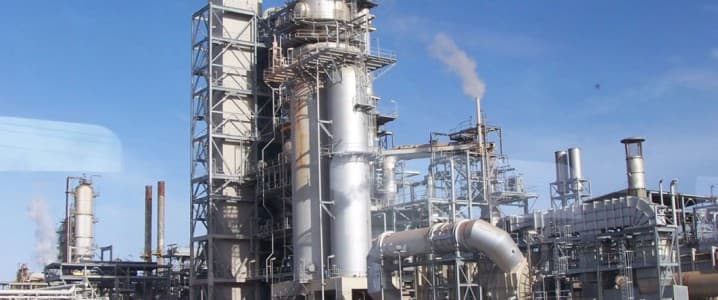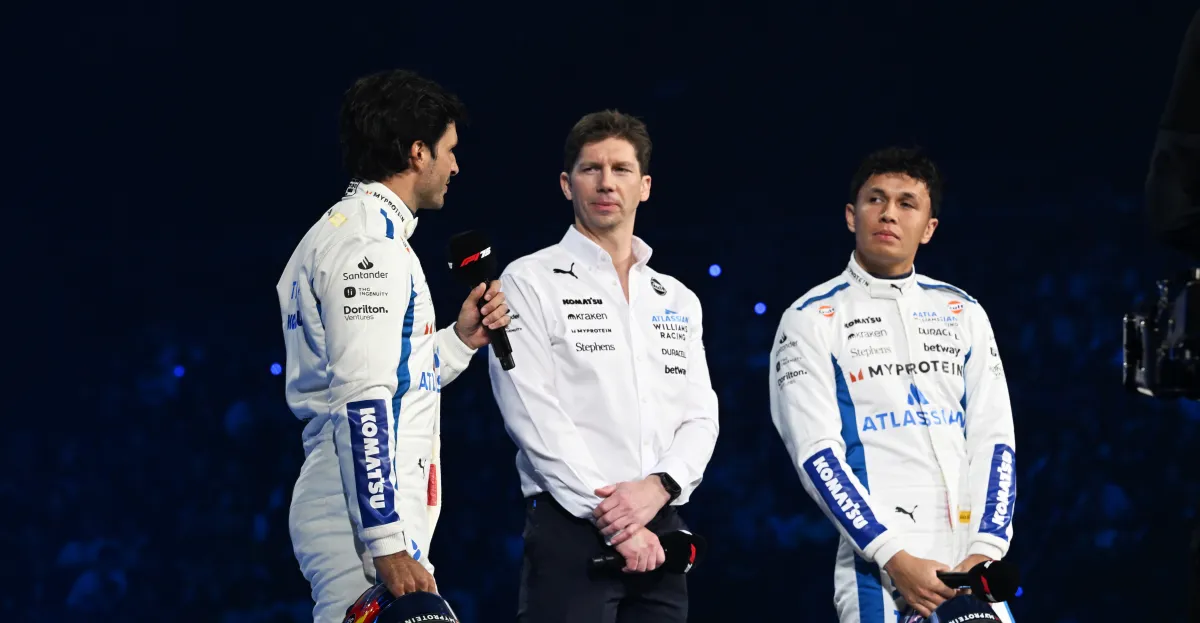
Nigeria’s $20 billion Dangote refinery—the mega-project meant to free Africa’s top oil producer from decades of fuel imports—has been hit by “repeated acts of sabotage,” according to billionaire owner Aliko Dangote. The company says it has already fired workers and reorganized staff to stop the incidents. But behind the dramatic claim lies a bigger question: is this really sabotage, or the first crack in Nigeria’s most ambitious industrial gamble, one that was supposed to rescue the country from its ruinous fuel dependence?
The stakes couldn’t be higher. Dangote’s Lagos refinery is designed to churn out 650,000 barrels a day—enough to meet all domestic demand and still export surplus. It was built to end the humiliating paradox of Africa’s largest crude exporter importing gasoline and diesel at a loss. Experts have long said Nigeria forfeits around $1,000 in value for every barrel of crude it ships out unrefined. Yet less than two years after startup, the flagship refinery has stumbled through technical hiccups, currency chaos, and now, a workforce revolt that raises doubts about its long-term viability.
The economics are stacked against it. Dangote buys crude in dollars but sells fuel in naira. When the currency weakens—as it reliably does—the refinery is effectively bleeding cash on every liter. Earlier this year, the plant suspended naira sales entirely and even resold crude cargoes it couldn’t run. That’s not “teething problems.” That’s a refinery trapped in a broken system: hard-currency inputs, soft-currency outputs, and no clear fix in sight.
Politics compounds the mess. Abuja wants to strip NNPC of its power over contracts and hand it to the upstream regulator. The aim is to plug leaks in government revenue, but the result may be a regulator that’s both referee and player. For a refinery that depends on predictable crude supply at transparent terms, that’s the stuff of nightmares. Investors hear “contract reform,” and what they process is “contract risk.”
Dangote’s own lobbying adds to the contradictions. He’s urged the government to ban fuel imports outright, saying cheap, low-quality gasoline—sometimes blended with discounted Russian crude—is undercutting his refinery. But a refinery that truly competes doesn’t need a moat of bans and tariffs. Nigeria’s history with protectionist schemes is a graveyard of shortages, smuggling, and political backpedals.
And then there’s labor. Union leaders claim that the fired “saboteurs” were simply workers who organized. If so, Dangote has turned his biggest asset—skilled staff—into a liability. In a country already riddled with vandalism and oil theft, making enemies inside your own gates is reckless.
By Julianne Geiger for Oilprice.com
More Top Reads From Oilprice.com
Iraq To Restart Kurdistan Oil Exports on September 27
Arbitrage Window Closing for American Crude in Asia
OPEC+ Oil Production Hike May Not Be as Steep as Feared



